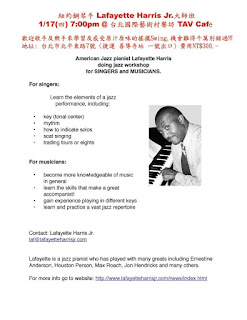Indigenous college is a type of community college sponsored by the Council of Indigenous Peoples Executive Yuan for the purpose of continuing indigenous languages, tradition, art and knowledge through the means of education.
At the moment, there are around 15 indigenous colleges in Taiwan. See "The empowerment of indigenous tribe community university - Take Hualien indigenous community college for example" (MA thesis by Tu Yi-jen, 2010) for a critical reflection upon these colleges from the perspective of Pedagogy of the Oppressed by Brazilian educator Paulo Freire.
At the moment, there are around 15 indigenous colleges in Taiwan. See "The empowerment of indigenous tribe community university - Take Hualien indigenous community college for example" (MA thesis by Tu Yi-jen, 2010) for a critical reflection upon these colleges from the perspective of Pedagogy of the Oppressed by Brazilian educator Paulo Freire.
However, my personal start with weaving wasn't at all critical. Nor was it culturally obligated since I am not Atayal (the third largest indigenous people in Taiwan), whose women must learn how to weave to deserve a good name, face tattoos and, mostly importantly, recognition from ancestors on the other side of the rainbow bridge, so they will take her home after she finishes her journey in this world.
I took weaving simply because I was then in need of a therapy.
I took weaving simply because I was then in need of a therapy.













.jpg)











